Impact
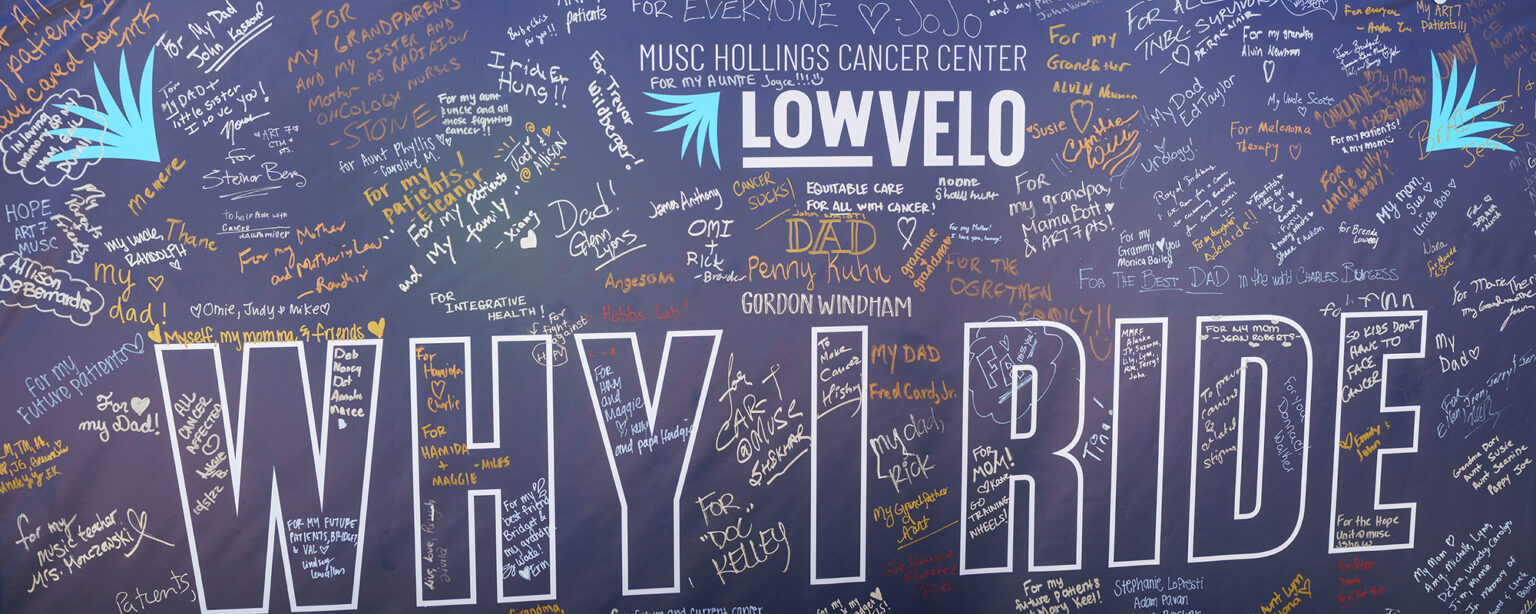
Powering lifesaving cancer research
LOWVELO is all about funding lifesaving cancer research at MUSC Hollings Cancer Center. As South Carolina’s only National Cancer Institute-designated cancer center, the innovative research happening at Hollings impacts patients across the state and beyond. We had a record-setting 1,895 LOWVELO participants in 2024, and our riders have raised more than $2.9M combined over the first six LOWVELO rides.
With 100% of every participant-raised dollar benefiting cancer research, LOWVELO’s riders and donors directly support the Hollings researchers who are advancing cancer care. Funds from LOWVELO can be used for high-risk, high-reward projects that sometimes struggle to secure funding elsewhere. These types of projects can lead to big breakthroughs in understanding and treating cancer.
Where the money goes
LOWVELO supports a wide variety of cancer research projects as well as fellowships and scholarships to help train the next generation of cancer researchers. Here are some exciting highlights:

Game-changing treatment
LOWVELO funding is helping Hollings researchers create purified versions of CAR-T cells, which are used to treat certain leukemia and lymphoma patients. The goal of the project is to reduce the side effects associated with CAR-T cell therapy and potentially make it more effective. Early success with patients in a trial testing the purified cells has helped Hollings researchers secure a large grant from the NCI to continue their work. By building up its own program, Hollings is making this cutting-edge treatment much more accessible to patients in South Carolina.

Targeting solid tumors with CAR-T cell therapy
Thanks to funding from LOWVELO, Hollings researcher Dr. Leo Ferreira is taking the success of CAR-T cell therapy with blood cancers and trying to replicate it for solid tumors, like pancreatic cancer. A different beast than liquid tumors, solid tumors have the ability to protect themselves from cancer fighting cells. Pushing the limits of normal biology, Dr. Ferreira’s lab is working to re-engineer the immune system to work in the body’s favor and fight off solid tumors.
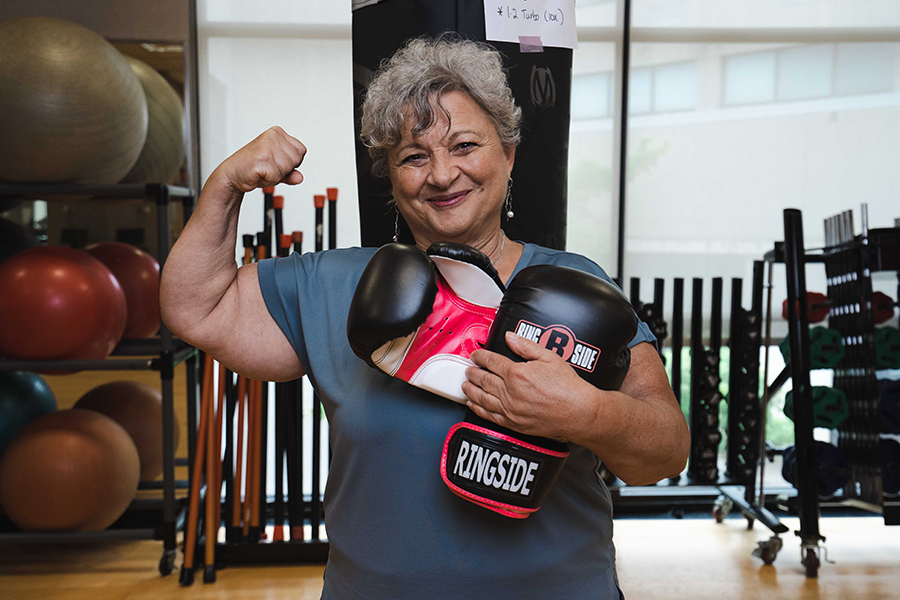
Finding better ways to support survivors
Funded in part by LOWVELO, the goal of Hollings’ Survivorship and Cancer Outcomes Research (SCOR) Initiative is to identify better ways to support and care for cancer survivors and implement the new ideas efficiently through a collaborative approach between MUSC researchers and clinical providers. In the years ahead, SCOR’s work will improve quality of life for survivors and their caregivers. Watch the SCOR story.

Exploring a new approach to fighting breast cancer
A major obstacle to improving breast cancer care is the effective treatment of cancer which has spread to other sites in the body. Dr. Philip Howe’s laboratory recently identified a new role for a protein that appears to be an important factor in breast tumor initiation and metastasis. With support from LOWVELO, Dr. Howe and his collaborators are now studying a way to generate small molecule inhibitors to counteract this protein. If successful, data from the study could lead to more effective, less toxic treatments for breast cancer.

Supporting the next generation of researchers
LOWVELO scholarships are awarded to students, like Jessica Baxter, taking part in the SC CHEC program at Hollings. This program aims to attract and catalyze a new generation of biomedical scientists by exposing them to cancer research and providing hands-on experience in laboratories. In the program, students engage with investigators at Hollings to gain exposure to the latest advances in biomedical research with an emphasis on improving cancer outcomes for all South Carolinians.
Some of the other projects that LOWVELO funds have supported include work on:
- Managing patients with higher risk of hereditary cancer
- Health benefits of quitting vaping
- Optimizing care for cancer survivors with depression
- Non-invasive tool to help identify pre-cancerous oral lesions
- Bladder cancer treatment response
- Novel anti-platelet therapy
- Regulating osteosarcoma progression
- Diagnostic biomarkers for liver cancer detection
- Sphingolipid metabolism and immunotherapy
- Reinvigorating exhausted anti-tumor T-cells
- Colon cancer causes and biomarkers
- Augmenting immune response in head and neck cancers
- Mental health access for individuals living with likely incurable cancer
- Supporting future cancer researchers at MUSC, SCSU and Clemson
2024 By the Numbers
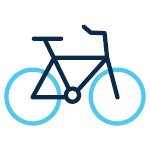
1,895
participants
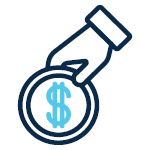
$2.33M
total raised
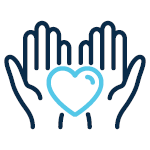
267
volunteers

140
teams
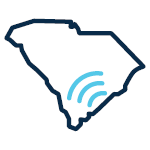
16%
from outside South Carolina

570 / 1,325
MUSC / non-MUSC
Making a difference
Cancer Survivor Stories
A clinical trial saved his life: LOWVELO performer cancer-free 15 years after terminal diagnosis
A clinical trial saved his life. Now, more than 15 years later Nathan Calhoun feels at home on the LOWVELO stage.

Breast cancer survivor fundraises for LOWVELO by teaching yoga
She said yoga saved her life – in more than one way. Kelsey Harrison isn’t a cyclist, but that’s not preventing her from participating in this year’s LOWVELO.

Not your average LOWVELO team: Retirees prove wellness can be found at any age
A chronic lymphocytic leukemia survivor, Patricia is part of a team proving that wellness can be found at any stage of life.
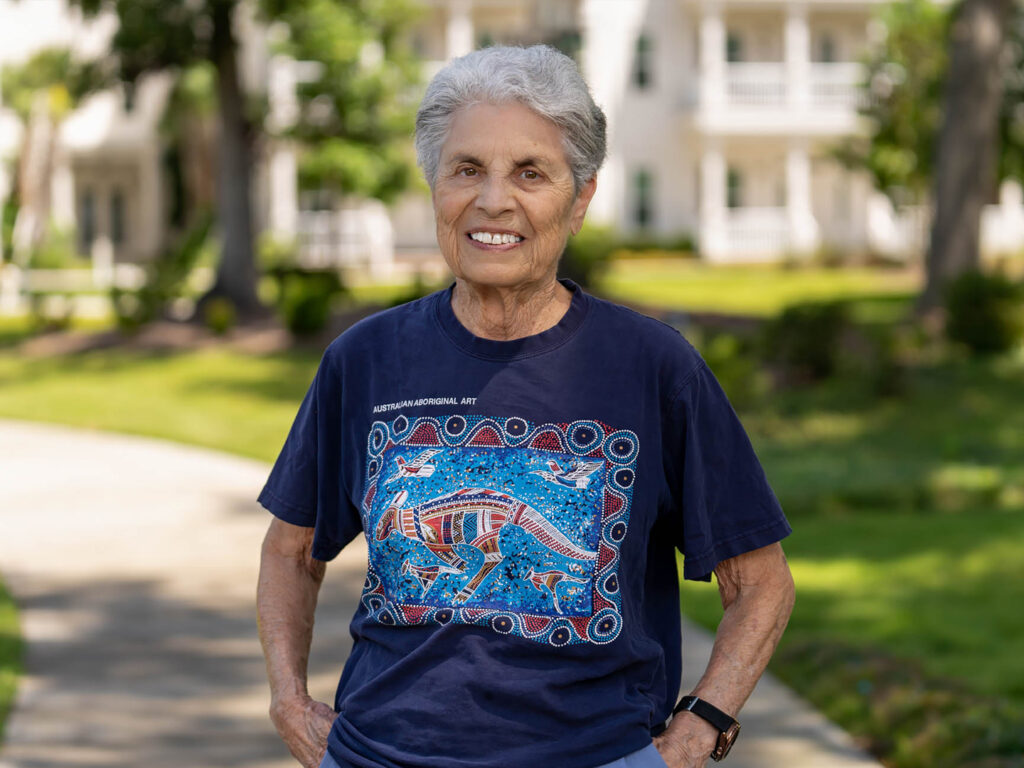
Facing the impossible: Stage 4 melanoma survivor shares why she rides in LOWVELO
For most beginners, the idea of biking 20 miles would seem daunting. But after beating melanoma, Ashley is an expert at overcoming challenges.
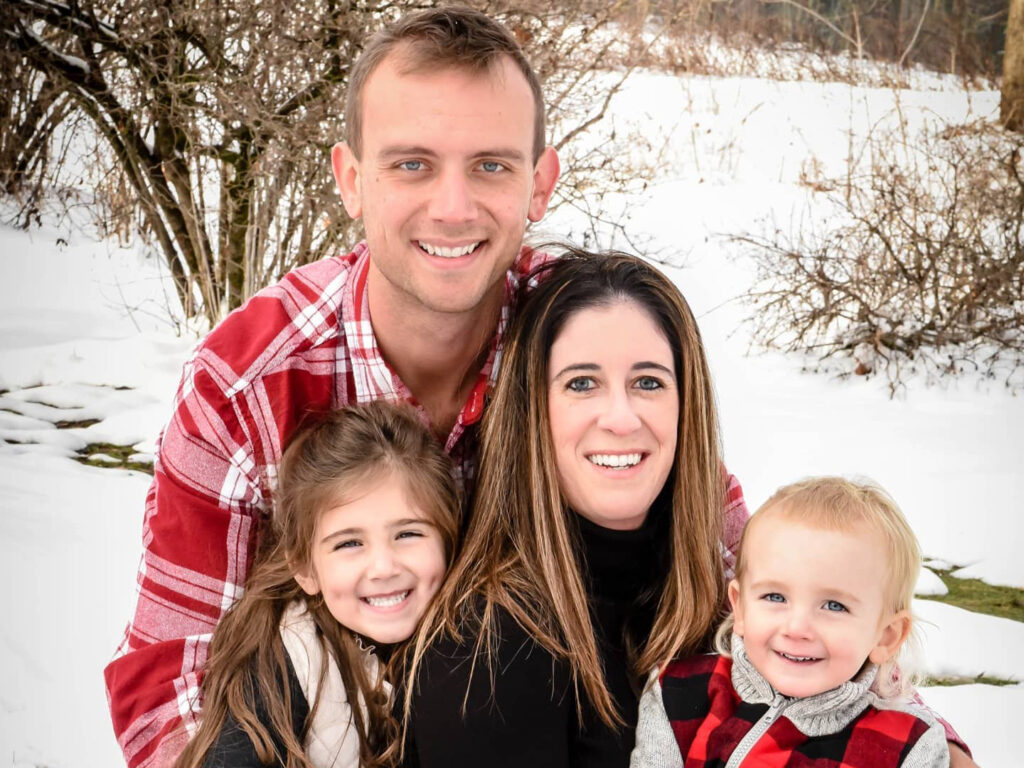
Positive attitude the key to beating breast cancer for LOWVELO volunteer
Thoughout her five year battle with cancer, it hasn’t always been easy for Joannah Sampson to remain positive, but it’s always been a priority.
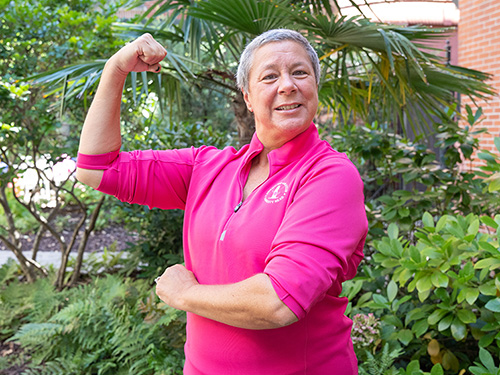
From anatomy lab to cancer battle, MUSC student shows gratitude by taking on LOWVELO
New city, new school and a cancer diagnosis. MUSC student Bridget Horgan shows grit and determination in the face of a cancer battle.
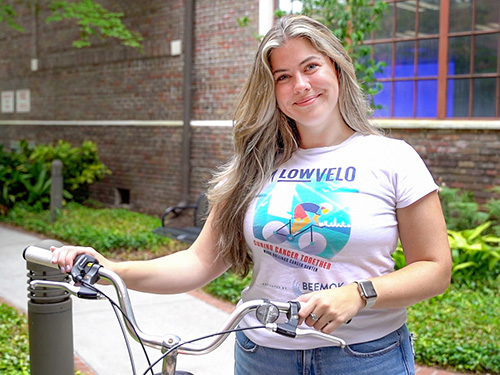
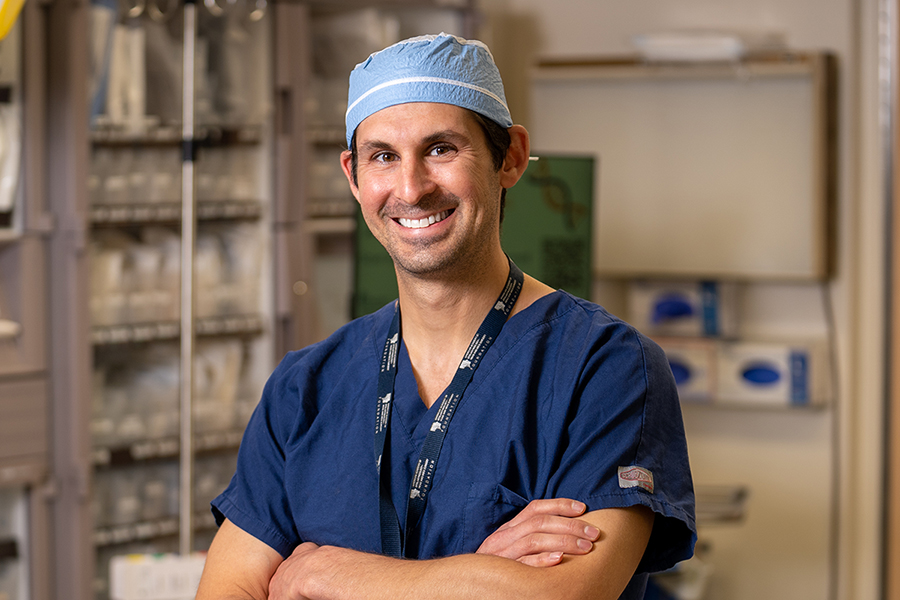
I ride because I am passionate about researching new and better ways to ensure that all cancer survivors are healthy. For many survivors, being free of cancer comes at the cost of devastating long-term physical, psychosocial, and financial harm. I imagine a world one day where that is not true, and patients with cancer are not just surviving, but thriving. Support from LOWVELO makes this vision possible.

